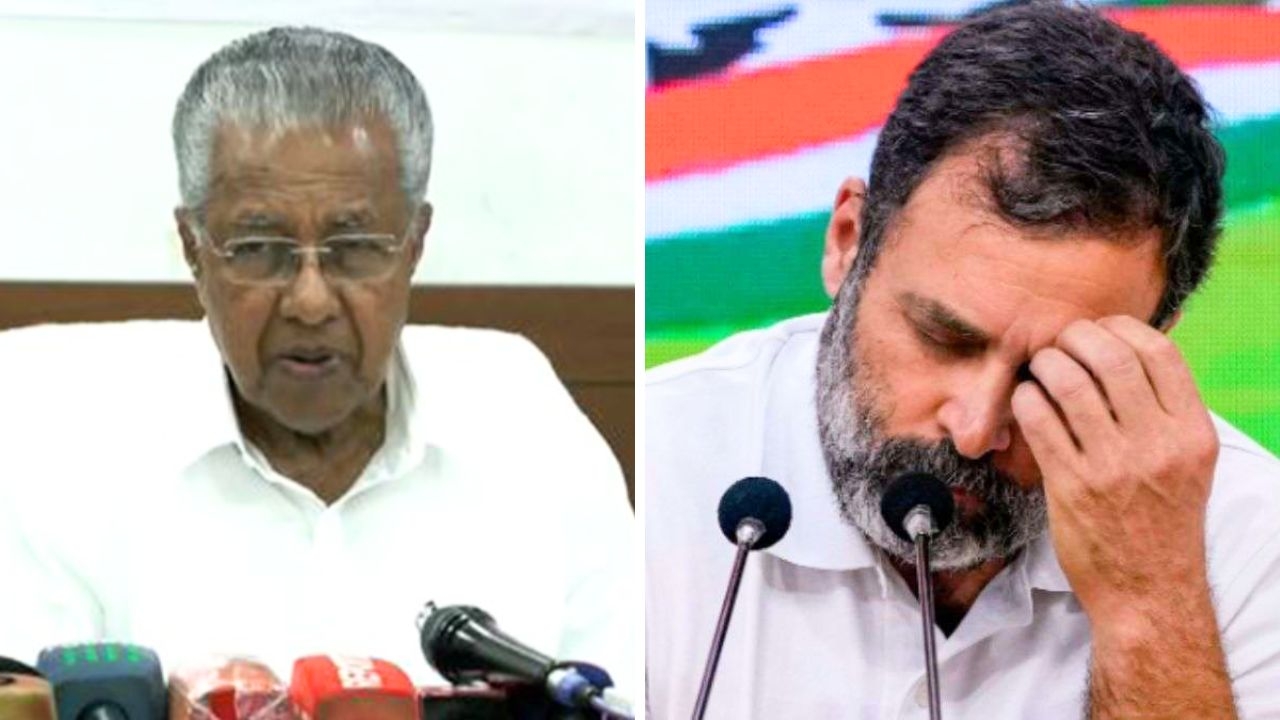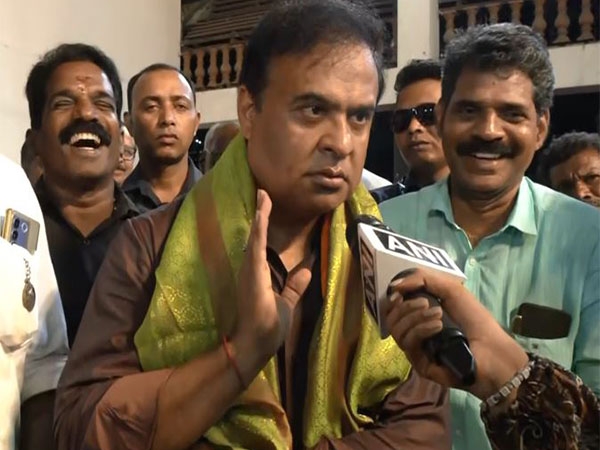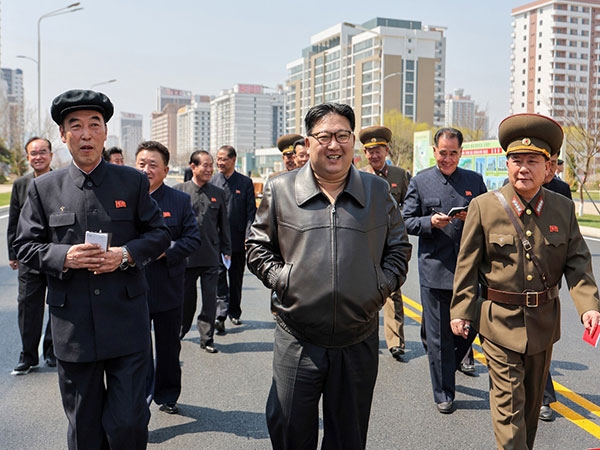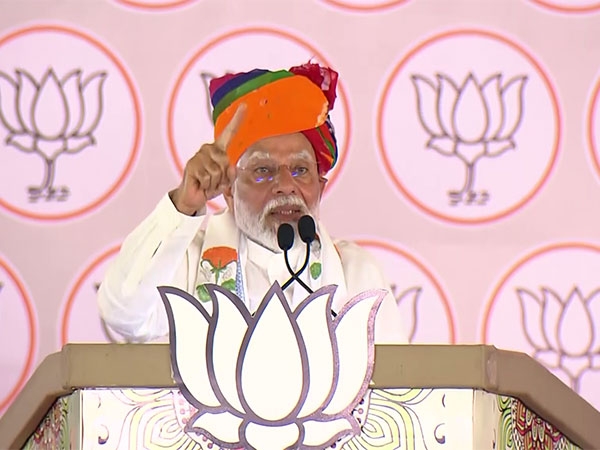BJP decimated in bye-polls: Can Opposition stop the Modi juggernaut in 2019?
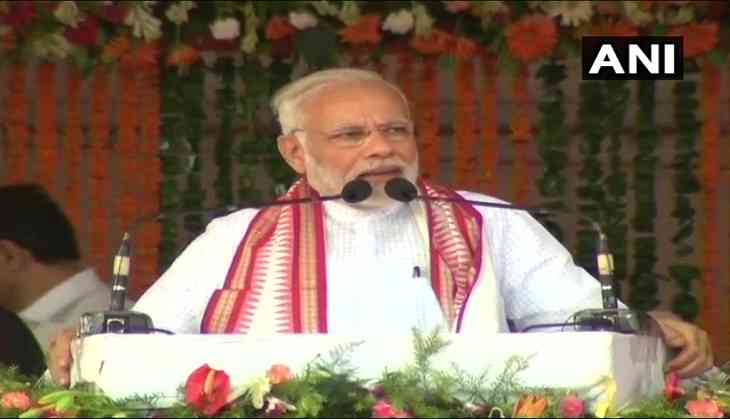
Those who called the unity of Opposition parties a pipe dream, had to eat humble pie on Thursday when BJP candidates were defeated in elections to 12 out of 15 Lok Sabha and Assembly constituencies.
The significance of these results can be gauged from the victory map of anti-BJP parties that covers the length and breadth of India.
The first stop in the Opposition's victory march happens to be Uttar Pradesh's communally sensitive Lok Sabha constituency, Kairana, where rumours of mass Hindu exodus due to threats from Muslims made headlines two years ago. Later, the BJP MP, Hukum Singh who had made the claims of Hindu exodus had to retract from his statement. In Kairana, BJP' candidate (Hukum Singh's daughter) Mriganka Singh was defeated by Rashtriya Lok Dal (RLD) candidate, Tabassum Hasan.
Given the proximity of Kairana to Muzaffarnagar, the victory of a Muslim candidate from a party headed by a Jat leader Ajit Singh indicates improving Hindu-Muslim relations in the area and dominance of farmer's issues over those that divide the farmers into different communities. This line of argument is further corroborated by the fact that another Muslim candidate, Naim Ul Hasan of Samajwadi Party won the Noorpur assembly bye-poll against BJP's Avni Singh in Uttar Pradesh.
Moving east, in Bihar's Jokihat Assembly seat, Opposition party Rashtriya Janata Dal (RJD) candidate Shahbawaz Alam defeated ruling Janata Dal-United (JD-U) leader Murshid Alam.
In Jharkhand, Seema Devi and Babita Devi won from Silli and Gomia. Both candidates belong to Jharkhand Mukti Morch and were backed by the Congress.
Down South, in Karnataka, Munirathna of Congress won the RR Nagar, giving the new Congress-Janata Dal (Secular) coalition its first electoral victory.
Though BJP had a face-saver in Maharashtra's Palghar Lok Sabha seat, where Rajendra Gavit defeated Shriniwas Wanga of the Shiv Sena. But BJP's Hemant Patle had to bite the dust IN Bhandara-Gondia seat, against NCP’s Madhukar Kukade.
Vishwajeet Kadam of the Congress won unopposed from the Palus-Kadegaon Assembly seat in Maharashtra.
The message
The victories of different Opposition parties in different states gives a clear message that personal ambitions and egos can be set aside in the face of looming existential crisis. The Congress, being the largest Opposition party led by example in Karnataka by offering chief ministership to HD Kumaraswamy of the Janata Dal (Secular) despite having double the seats than the latter.
The BJP's dominance since 2014 scared not just the Opposition but also the BJP's own allies. One of the party's largest allies, Chandrababu Naidu's Telugu Desam Party, walked out of the NDA coalition at the centre earlier this year, on the issue of special status for Andhra Pradesh.
The other big ally, Shiv Sena, has been extremely critical of the BJP and it is likely that the party might also pull out of the alliance.
The emerging picture
Since 2014, the BJP' has formed its government in 15 states, however, another - less emphasised - aspect in this political war is that the party has lost most of the bye-elections in these four years. This indicates that the Opposition has managed to pushback the Modi-Amit Shah juggernaut to some extent.
It also indicates that pre-poll alliances between anti-BJP parties give better results for the Opposition than fighting individually. Had the Congress and JD(S) tied up before the recently held Karnataka assembly elections, they would have avoided the jitters of losing their winning MLAs to the BJP.
With every passing election, the anti-BJP parties are showing that the invincibility of Modi-Shah duo is more of a myth than reality. Yet, there are challenges trying to unite under the umbrella of secularism ahead of 2019 Loksabha elections.
The most difficult and tactical call that awaits the anti-BJP parties is whether they should declare a PM candidate before elections or not. Because even if they unite to take on the BJP, it would be difficult for voters to support a faceless coalition against the larger-than-life figure of Modi.
Another challenge for the anti-BJP parties would be to divide and decide the number of seats they want to fight on. For instance, the Congress may want to fight a large number of seats in Uttar Pradesh even though its performance outside Gandhi family bastions has been dismal.
The 2019 Lok Sabha elections could still be anyone's game. But what the bye-election results have proven, is that the BJP can be made to bite the dust.
First published: 31 May 2018, 21:23 IST


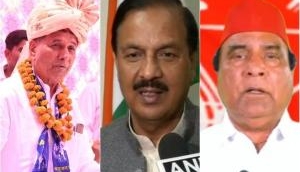
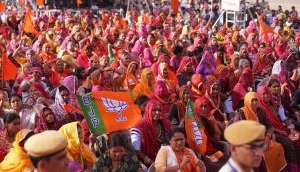

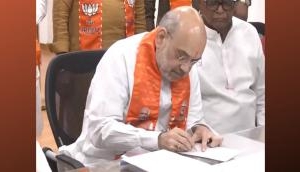

![BJP's Kapil Mishra recreates Shankar Mahadevan’s ‘Breathless’ song to highlight Delhi pollution [WATCH] BJP's Kapil Mishra recreates Shankar Mahadevan’s ‘Breathless’ song to highlight Delhi pollution [WATCH]](http://images.catchnews.com/upload/2022/11/03/kapil-mishra_240884_300x172.png)

![Anupam Kher shares pictures of his toned body on 67th birthday [MUST SEE] Anupam Kher shares pictures of his toned body on 67th birthday [MUST SEE]](http://images.catchnews.com/upload/2022/03/07/Anupam_kher_231145_300x172.jpg)


